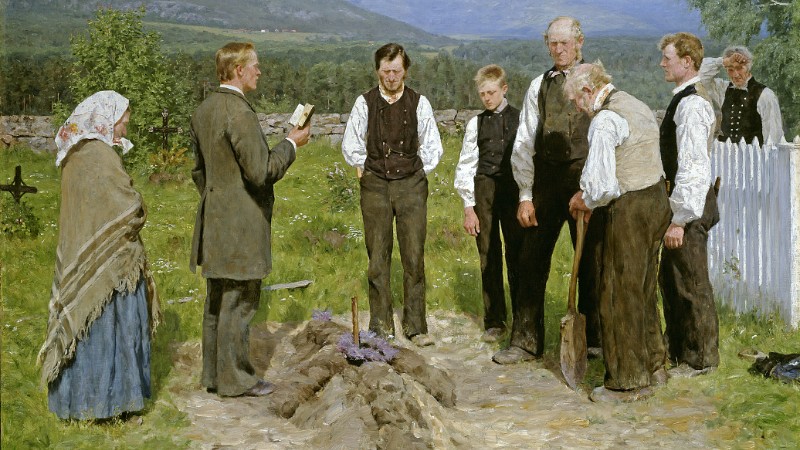
For her 2000 book Obituaries in American Culture, Janice Hume collated thousands of newspaper death notices to reveal the most admired characteristics of American men in various eras:
1818: Patriotism, gallantry, vigilance, boldness, merit as an officer
1838: Benevolence, intellect, kindness, affection, indulgence, devotion to family
1855: Public esteem, activity, amiability, fame, intelligence, generosity
1870: Christianity, education, generosity, energy, perseverance, eminence
1910: Professional accomplishments, wealth, long years at work, associations, education
1930: Long years at work, career promotions, education, associations, prominence, fame
In general, men who died in the 19th century were remembered for personal virtues such as piety and kindness, while 20th-century obituaries listed associations and accomplishments. Women, when they were remembered at all in 1818, were praised for passive traits such as patience, resignation, obedience, and amiability; by 1930 women were becoming recognized for accomplishments such as political voice and philanthrophy, but their most noted attribute was still their association with men.
